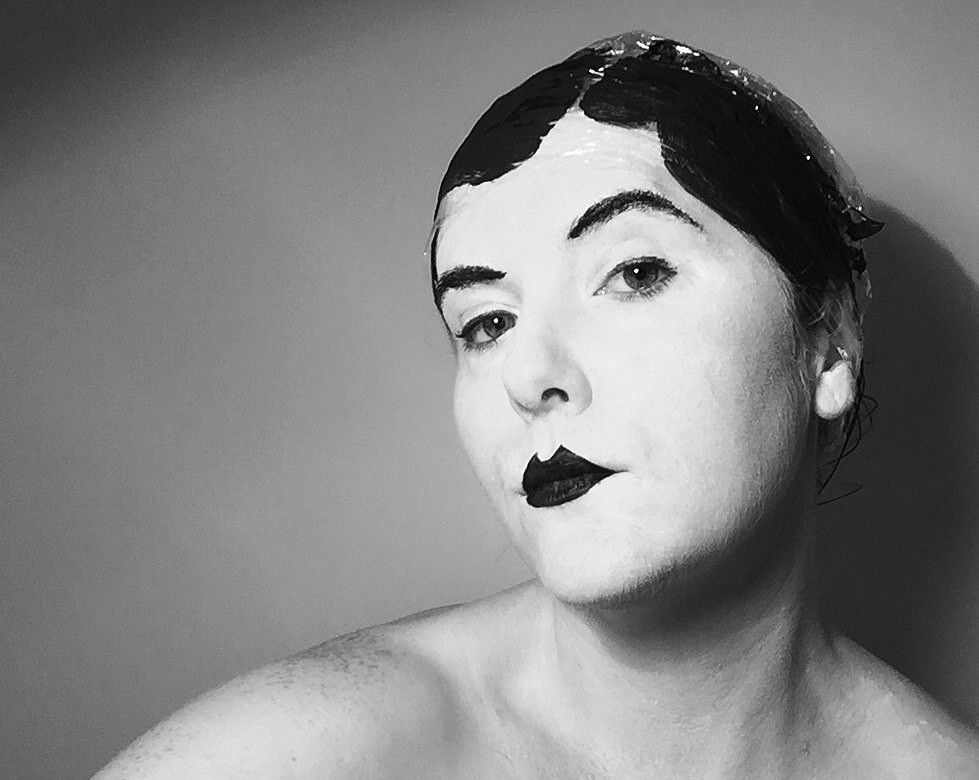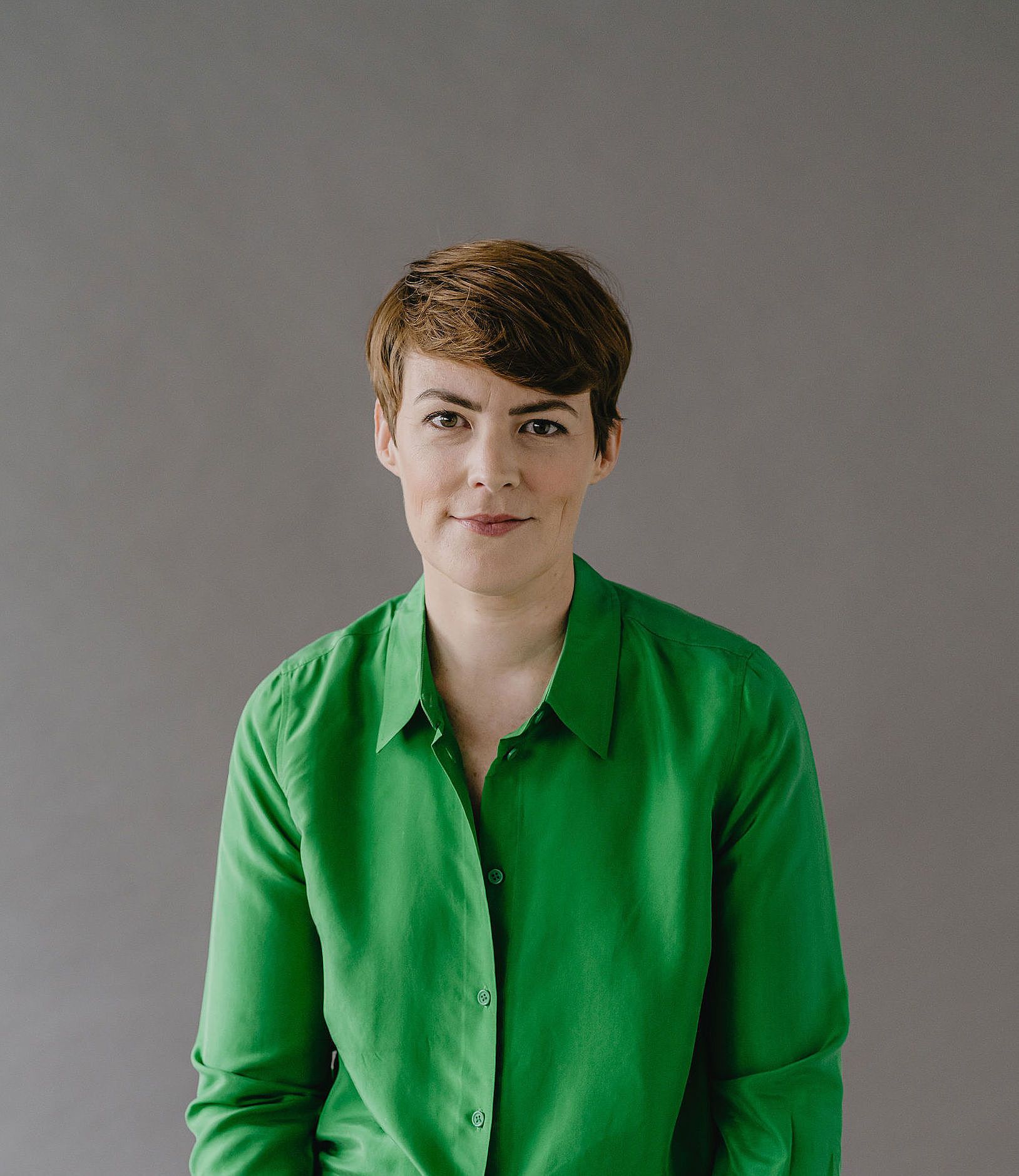Take Me To Your Lieder: A Review of The Winterreise Project
UnstuckOpera present their second work, an intimate opera/cabaret based on Schubert's Winterreise song-cycle. Kate Prior reviews.
UnstuckOpera present their second work at the Basement following last year's season of Dido and Aeneas; The Winterreise Project is an intimate opera/cabaret based on Schubert's Winterreise song-cycle. Kate Prior reviews.
When Trump became President, Hillary devotee Frances Moore was so broken she turned to the comfort of her music. Schubert’s The Winterreise song-cycle, as her collaborator Alex Taylor describes, is the original break-up song. In Frances’ dejected state it felt fitting to listen to, torn as she was from her beloved Hillary and looking at a barren patriarchal landscape of xenophobia and pussy-grabbing.
Solo performance The Winterreise Project was created out of this pain and frustration and it’s an intriguing mash-up of a familiar style of unbound cabaret storytelling with more formal operatic and classical content. What a rare joy to walk into the tiny Basement studio and be greeted by a quartet of two violinists, a cellist and a pianist, then have some classical German lieder sung right into your face. This is what Frances and her company UnstuckOpera are all about – adapting and rehoming opera out of its grand confines and dated storylines and finding where it plugs into the now. It’s incredible to feel the power of the form when all its trappings are stripped away. For New Zealand anyway, this kind of intimate experimentation is a rarity.
This clash – between the expressionist severity, the lyricism of The Winterreise and Frances’ own everyday storytelling voice – is so weird that it feels full of potential readings
Schubert’s song cycle is melodic and accessible. Yet collaborator Alex Taylor layers this with dissonant tones of Bartok and Schoenberg – 20th century modernist composers writing 100 years after Schubert was composing The Winterreise. These 20th-century influences are echoed in Frances, a fascinating stage creature in Weimar tuxedo (an allusion to the fact The Winterreise is usually sung by a male tenor) and German Expressionist makeup straight out of Dr Caligari. It’s therefore a brilliantly shocking snap when, at the close of the first song, Frances opens her mouth to speak in her soft New Zealand accent. This clash – between the expressionist severity, the lyricism of The Winterreise and Frances’ own everyday storytelling voice – is so weird that it feels full of potential readings.
I want to interpret the gaps: to soothe a broken political heart, a New Zealand feminist sings songs of deep tragic loss, usually sung by a man, while dressed as an expressionist/gothic character who often represents ultimate (male) authority. The intention appears to be that this vision of authority and grand lost love (from a 19th-century male perspective) is subverted by Frances’ natural conversational tone and story of deep woman-to-woman admiration. The allusions are so tantalising to this point, sometimes I feel that the dissonance between the expressionist and the everyday could increase even further – just as the dissonant tones of Schoenberg could creak longer against Schubert – for prime impact. (Also, the growth into this character intrigues – Weimar Frances appears there, ready-made, but how did she form?)
There’s some tonal tricksies which are also interesting. As Frances sings these songs of amorous tragedy, she can’t help but echo that gush in her real-life devotion for Hilary, to the point of sometimes flirting with farce. Indeed, in her monologues, there’s a trace of Arthur Meek’s On the Conditions and Possibilities of Helen Clark Taking Me as Her Young Lover; a send-up of political devotion. However, this means that when Frances sings these soaring, beautiful lieder (with a clarity of tone which really is tear-inducing) next to a framed image of Hillary, we’re feeling the weight of irony rather than devastating tragedy. Then again, perhaps melodrama is the intended effect – the suggestion that as much as we convince ourselves of our cool policy-based objectivity, our political leanings are as heart-led and soppy as our romantic ones.
Watching The Winterreise Project, I was struck by how direct and blood-rush bold this work is, and by the exciting potential for whole new intimate worlds (for New Zealand at least) at the intersection of live performance and opera.
Frances’ monologues span from the forlorn to the frank, and the subversion threaded throughout is at its strongest and most refreshing when she’s speaking directly to the problematic nature of the art form she’s chosen as a container for her message. For example, a tirade on the hypocrisy of opera institutions (rehashing repertoire about stories of inequality without interrogating their own hierarchies) is all the more skewed and powerful while dressed in a costume exaggeration of that very art form.
Like Melbourne's Chamber Made Opera, UnstuckOpera are devoted to operatic and classical forms yet not the elements that hold them frozen in time. And there’s no need for this to be the case – watching The Winterreise Project, I was struck by how direct and blood-rush bold this work is, and by the exciting potential for whole new intimate worlds (for New Zealand at least) at the intersection of live performance and opera.
(And just like that, the domestic political landscape has changed in the hours between the first and second weeks of the season. Perhaps Frances will have more of a promising glint in her eye when you catch the show this week. No beloved Hillary, but there’s plenty more fish in the sea, and a 37 year-old from Morrinsville just might be the ticket).
The Winterreise Project runs from 17-28 October at Basement Theatre. Tickets available here.

